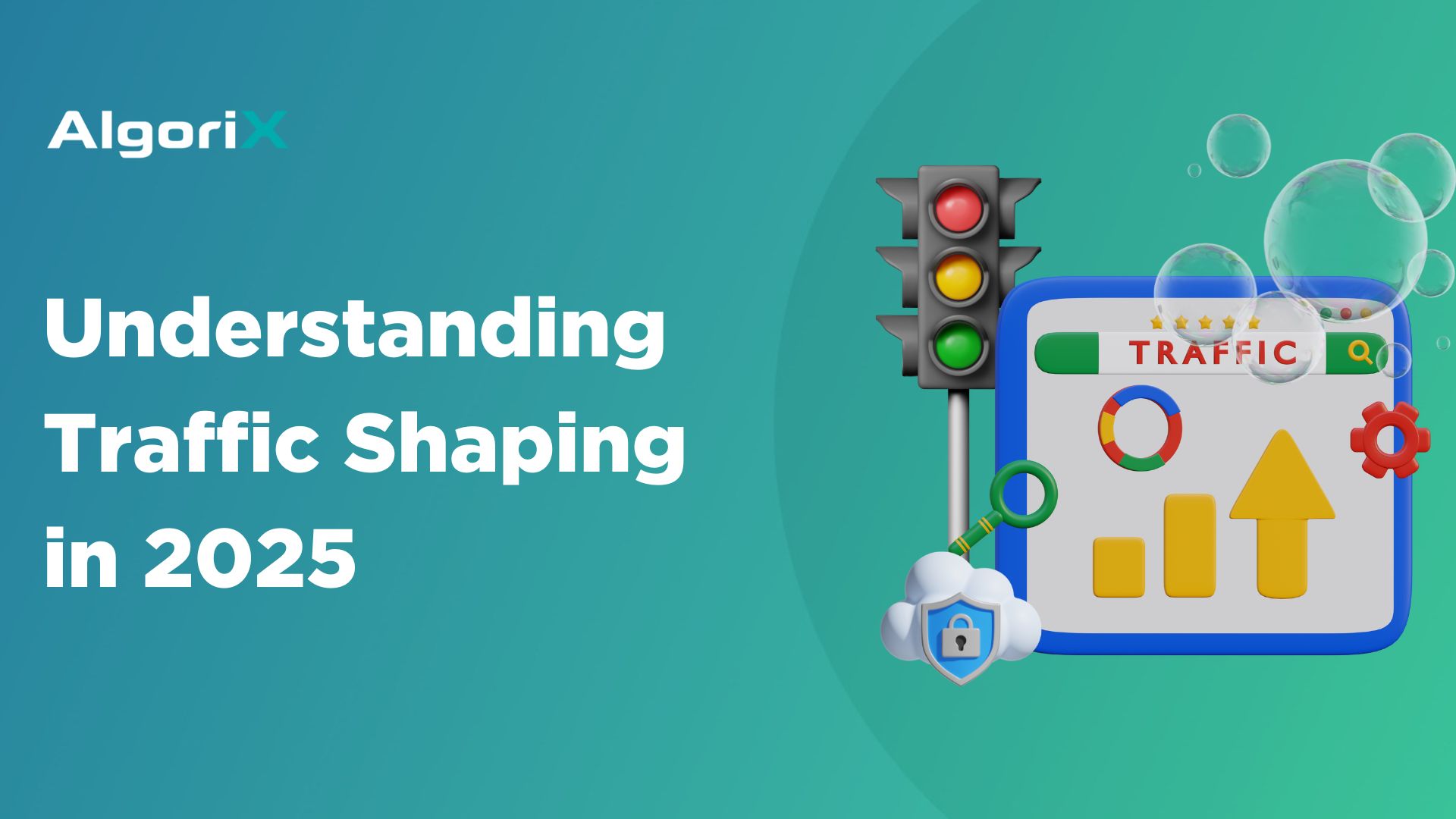Welcome to the first quarter of 2020! This is one of the most important parts of the year for mobile-driven businesses. For publishers, this is another opportunity to find and convince brands to run ads on your apps by working with SSPs, DSPs, or mobile exchange services like AlgoriX. For media buyers, the start of the year is the best time to take stock of lessons from the past and study new digital marketing trends.
To aid everyone in becoming 2020-ready, we’ve dug deeper into App Annie‘s state of mobile report as well as added our own predictions.
The world has downloaded 204 Billion apps
As a publisher/developer: Imagine competing with 204 Billion apps! You have to keep in mind that consumers get bored easily, so there’s a need to keep update apps regularly with the latest digital trends.
As a media buyer: Given the large number of apps, how do you choose the right ones? The tip is knowing your market. Different apps serve different purposes, so make sure to serve the right ads for the right people.
Consumers app store spend hit $120 Billion
As a publisher/developer: Experiment having in-app purchases alongside ads to complement consumer loyalty. Rewarded ads is also a great way to encourage your users to consume ads without skipping.
As a media buyer: You may think, as a media buyer, this information doesn’t benefit or affect your job. But the truth is, the data on app spending implies purchasing power. By partnering with apps that have high-spending users, you’d be able to find the right target market for your brands.
Mobile remains to be the king of video gaming.
As a publisher/developer: Mobile games, without a doubt, is still the most accessible channel to gaming. That’s why, even as a non-gaming app, you should explore app gamification. Gamification engages the user’s mind and makes them more likely to consistently stay active in-app.
As a media buyer: Mobile games have been the go-to for a lot of advertisers these past few years. The challenge is creating ads that seamlessly fit into the gameplay. This way, there will be less friction with users, making them more likely to engage with your ad.
Given the findings above, how can publishers and media buyers take advantage of it? Below are some tips from AlgoriX.
Be specific with your target market
Wider reach doesn’t always mean bigger sales. Determine what kind of people you want to reach, because awareness is just the first part of your funnel. As media buyers, make sure that your ads will convert and as publishers, verify that your users engage with the ads you present.
Seek transparency with your service providers
The prevalence of fraud in the industry is no longer news. Therefore, it’s important to find partners you can trust so you can maximize your results. These days, transparency should be the norm.
Don’t be afraid to explore different apps
All kinds of mobile apps have been flourishing since 2016. However, this year, the utility and download rate of Gaming, Non-Gaming, and Social Media apps are expected to increase even more. That’s why it’s worth investing more in these vectors.
Do you have any other tips that you think everyone should utilize this year?













